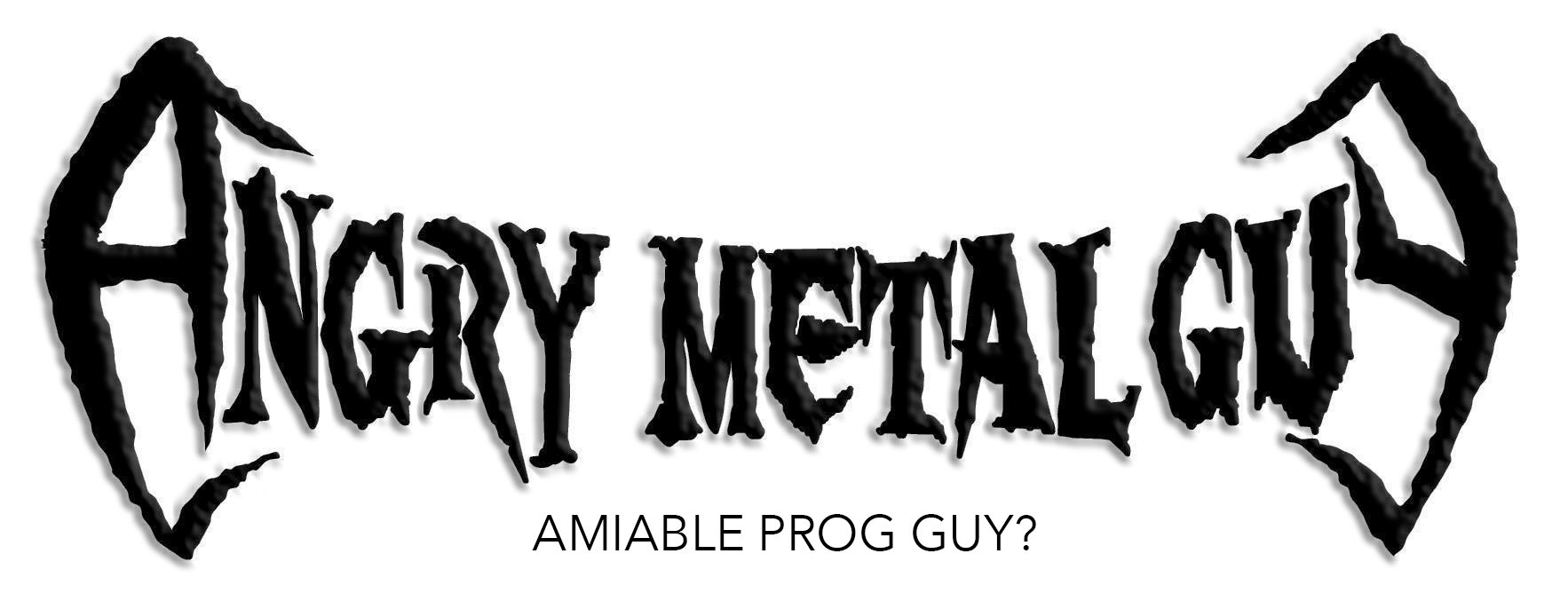 Exuviae: shedding the skin. The leftover exoskeleton. Alexander von Meilenwald of The Ruins of Beverast has stripped the project bare, exposed it to new musical vistas, and transformed it into a frenetic shamanistic beast. But the exoskeleton is attached by a thread in Exuvia: faint traces of the stifling extremity of Rains Upon the Impure stain the canvas; the extreme grandeur of Foulest Semen of a Sheltered Elite weaves its splendour; and the doom-laden vastness of the haunting Blood Vaults is buried at its core. However, these are merely essences now that float and drift through Exuvia like ghosts. Though still inherently important to the music that Alexander von Meilenwald painstakingly creates, blinding new features emerge from the gloom to enhance the scope and power that The Ruins of Beverast possess in excess. Psychedelia, tribal rhythms, and electronic industrial: a trinity of peculiarity that merely extends the experimental canvas that The Ruins of Beverast work upon. How much is too much, though?
Exuviae: shedding the skin. The leftover exoskeleton. Alexander von Meilenwald of The Ruins of Beverast has stripped the project bare, exposed it to new musical vistas, and transformed it into a frenetic shamanistic beast. But the exoskeleton is attached by a thread in Exuvia: faint traces of the stifling extremity of Rains Upon the Impure stain the canvas; the extreme grandeur of Foulest Semen of a Sheltered Elite weaves its splendour; and the doom-laden vastness of the haunting Blood Vaults is buried at its core. However, these are merely essences now that float and drift through Exuvia like ghosts. Though still inherently important to the music that Alexander von Meilenwald painstakingly creates, blinding new features emerge from the gloom to enhance the scope and power that The Ruins of Beverast possess in excess. Psychedelia, tribal rhythms, and electronic industrial: a trinity of peculiarity that merely extends the experimental canvas that The Ruins of Beverast work upon. How much is too much, though?
The drawling lurch of Blood Vaults has been replaced by a frenzied over-stimulation of sounds that constantly fluctuates and transforms. Exuvia is consistently unpredictable; its manic and unhinged diversity means that 67-minutes feels more like 42. For example, the three distinct stages make the 15-minute opener “Exuvia” fly by. In its ‘final’ stage – following thundering atmospheric black-metal and ominous ritualism – reprieve comes in the form a nuclear sunset: a melancholic doom vista emerges and, as if time itself has slowed down, clean vocals weep and echo as drums crawl, melodic soloing streaks above, and riffs lurch beneath. Similarly, “The Pythia’s Pale Wolves” opens conventionally doomy riff-wise, although bag-pipes, abrasive industrial screeching, and echoing Peter Steele-esque cleans merge wonderfully. As if “The Great Gig in the Sky” was swallowed up and spat out by a psychoabyssal space beast, the song warps into a female-led passage that stretches ritualistic rhythms before exploding into a closing stanza of vitriolic black-death.
Riff-wise Exuvia excels. Winding, snaking, and pulverizing riffs sear and tear through the atmospheric mulch of “Exuvia.” Continually, “Maere (On A Stillbirth’s Tomb)” is crammed with flavorsome variety. Above monstrous vocals and a huge bass tone, the rhythm guitar section surges and stings before descending into an ambient segment laced with off-kilter arpeggios and gruff growls. This in turn leads to crunching mid-paced doom that makes way for intense spurts of tremolo. Progressing further, melodic riff-patterns and solos – a common feature throughout – search through the mix and attach themselves to spectral clean-vocals and whirring electronic ambiance. “Towards Malakia,” – the most conventionally structured song on the album – possesses a more consistent crunch, although generally melodic riff patterns carry tinges of dissonance. Similarly, in “Sutur Barbaar Maritime” the guitars have a slight off-key, out-of-sync feel that enhances the song’s unsettling depth. Like Jute Gyte, TRoB experiment with key changes and odd tuning to satisfyingly discomforting effect. Rarely the guitars suffocate under the layer of sound, losing their bite, but only rarely.

A sense of the shamanistic runs throughout the album. The incantation of primal spirits, hollow drum thumping war-dances, and ethereal rituals submerge the album in a toxic swell of over-stimulating terror. Exuvia is more experimental than anything TRoB have done before. Silences and interludes are filled with typical TRoB elements – ethereal choral reverberations, keyboard ominousness, and general ambient dread – although surreal and indecipherable electronics murmur and bubble beneath the surface. Rich layers of sounds, carefully processed and sublimated, are a core feature of Exuvia, used as central elements to songs rather than decorative flourishes. Strange screeches accompany much of “Exuvia”; abrasive power-electronics add a peculiar element to the end of “Maere”; and warped noise elements, alongside the lonesome howling of wolves, infiltrates the ending of “The Pythia’s Pale Wolves.” Closer “Takitum Tootem” (Trance)” loops tribal mantras, Burzum-esque electronic touches, modulated, space-age cleans, rabid black-metal snarls, deep death-metal growls, and crowd chants. It’s a subdued but mesmeric closer signifying the fading away of the corporeal into the ether. These experimental touches, connected by this shamanistic conceptual framework, add an immersive diversity that was missing from Blood Vaults.
The more I listen to Exuvia the more it works. Its content warrants its length; it needs the time and space to root its unique tendrils into the brain. This is exactly the album I wanted The Ruins of Beverast to release: diverse, experimental, and unsettling. An album that inhales, exhales and moves with fluency and togetherness. But most importantly its sound is anchored by rage-filled black-death-doom that hearkens back to the wonders of The Foulest Semen of a Sheltered Elite.
Rating: 4.5/5.0
DR: 6 | Format Reviewed: 320 kbps mp3
Label: Ván Records
Websites: theruinsofbeverast.bandcamp.com | facebook.com/the-ruins-Of-beverast
Releases Worldwide: May 5th, 2017

















